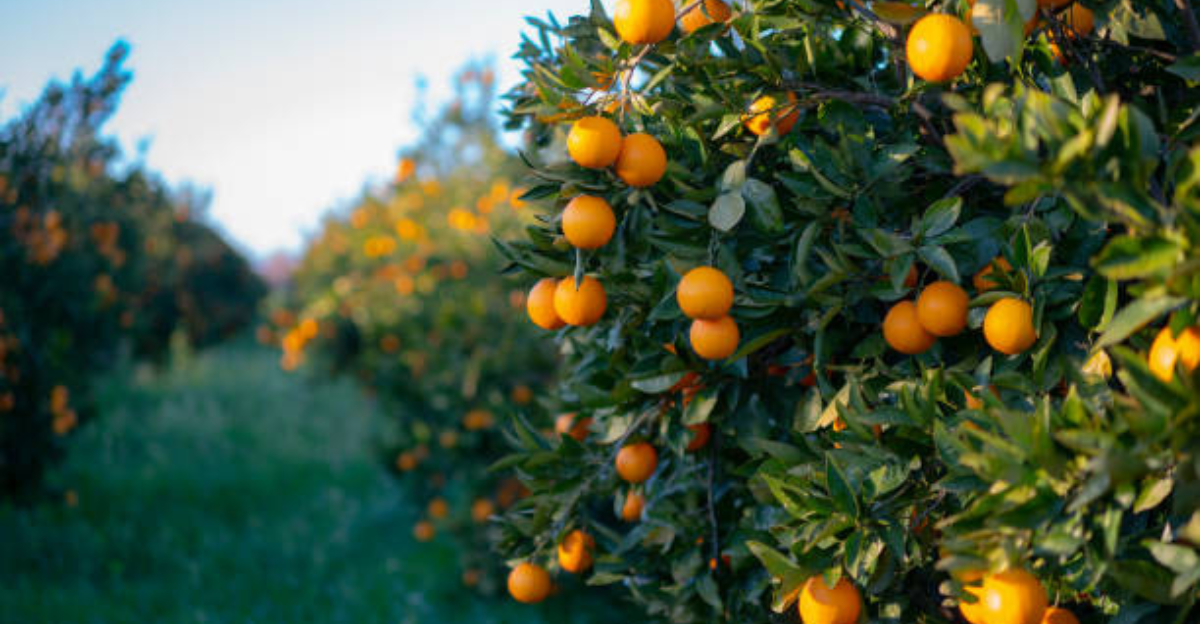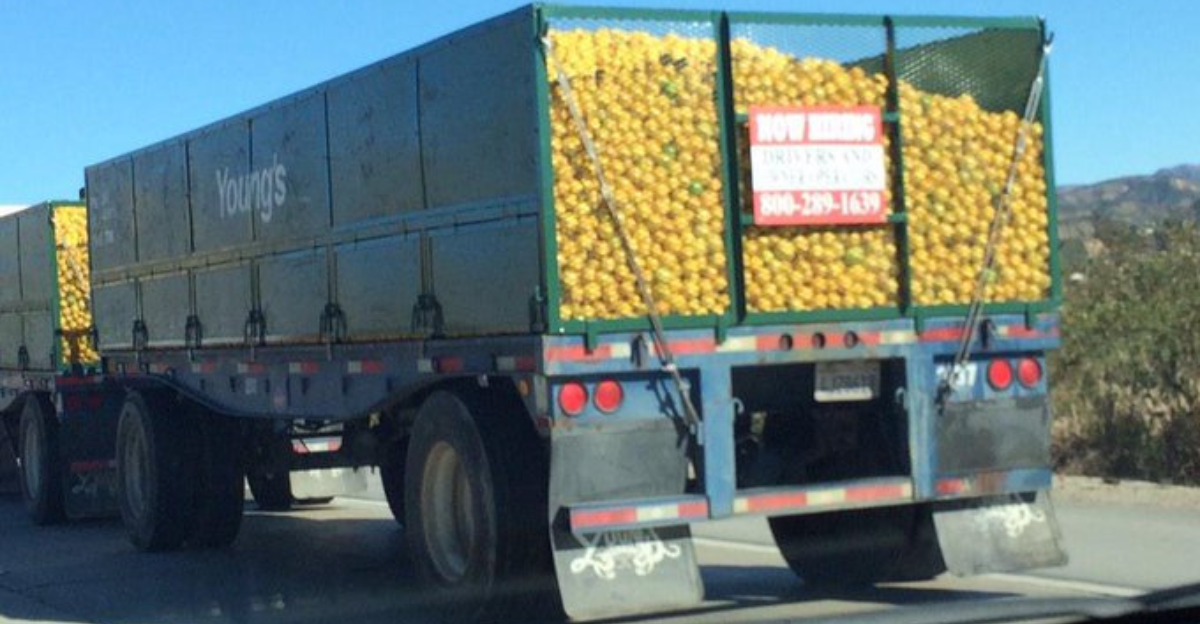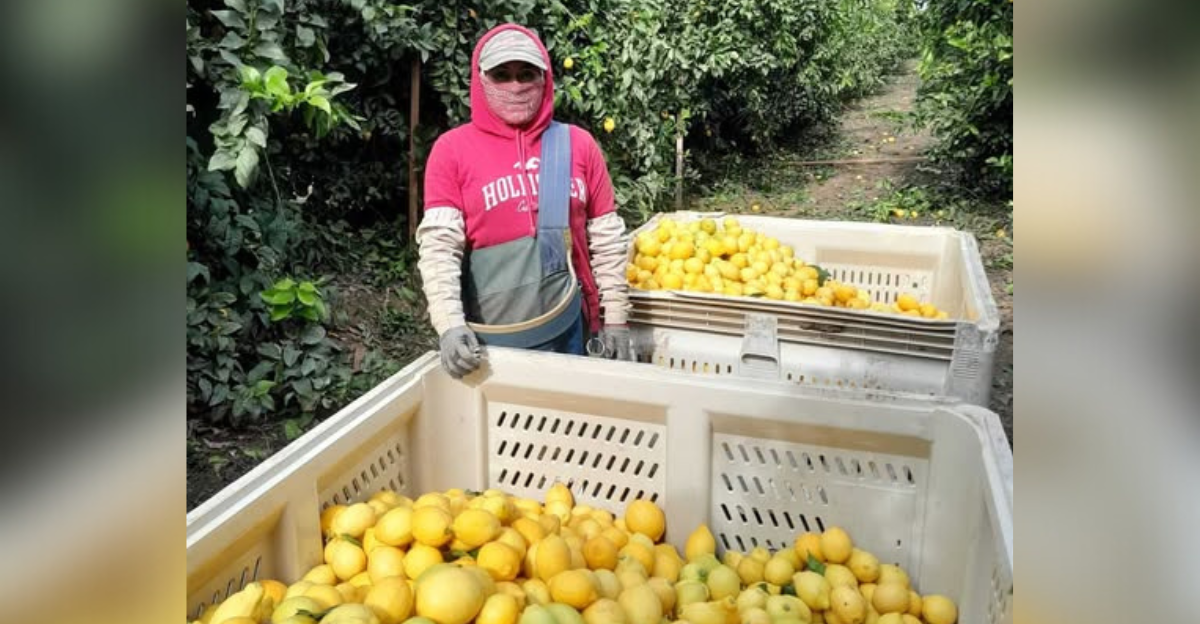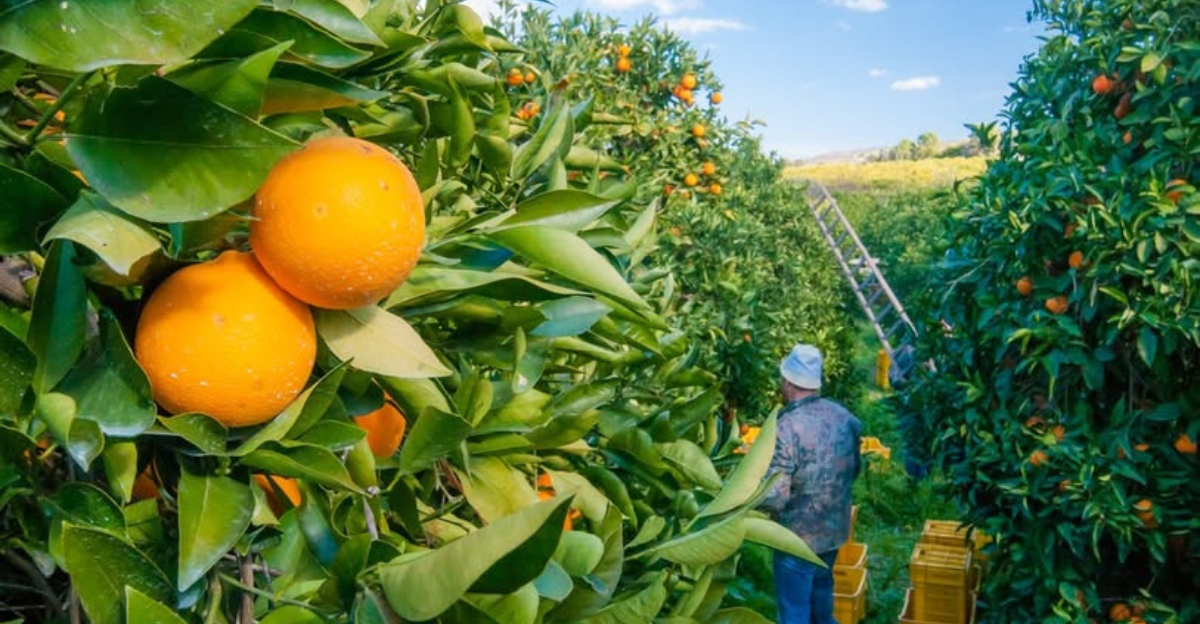
Over the years, a certain giant retailer was considered the backbone of the California citrus industry. Its history started in the 19th century, when it was intertwined with the lives of farmers, families, and towns within the region. Their name means stability in a world where so many retailers come and go. However, this great company is now being put out of business after nearly 125 years. The abrupt closure of the store in a silent but startling way signifies the end of an era to both the local townspeople and the entire grocery industry.
The End of a Zesty Era

The news was a heavy blow. Corona-College Heights (CCH), known for its vibrant citrus and deep community roots, has filed for Chapter 7 bankruptcy. This is not a temporary pause or a chance to reorganize the business. The company is closing down completely. On July 19, 2025, the board decided to take this step, and soon after, legal proceedings began in the U.S. Bankruptcy Court for the Central District of California. By opting for Chapter 7, CCH started liquidating its assets to repay as many debts as possible. The once familiar sight of oranges and lemons leaving the packing house will soon become a thing of the past.
A Legacy Spanning Over 125 Years

Corona-College Heights Orange & Lemon Association started its history in 1899. It received and successfully endured a lot of hardships over the course of more than a century. Fires burnt down sections of the town. Cold freezes threatened crops. The world endured two devastating world wars and the severe Great Depression. Despite these trials, the company not only survived but expanded. It grew stronger through about fourteen mergers and acquisitions, including joining with the Etiwanda Mutual Orange Company. At its height, CCH was California’s largest citrus packer. Its workforce often included multiple generations of local families, and its name stood for quality and dependability.
Specialization and Competitive Advantage

Corona-College Heights stood out in a crowded fruit market not simply because of its size but due to a distinctive focus. The company mastered the art of providing lemons year-round, a rare feat few competitors managed to achieve. Even more notable was its ability to offer the longest Valencia orange season available anywhere. This reliable extended supply kept grocery stores and restaurants well stocked late into summer, long after others had run out. By concentrating on classic California citrus rather than chasing trendy fruits, CCH built durable relationships that extended well beyond the local market and shaped its lasting reputation.
Challenges Faced in Recent Years

Even the mightiest face relentless pressure. Over the last decade, CCH was buffeted by relentless challenges. The retailing environment changed significantly. Online shopping was adopted by consumers and giant retailers had pricing power than ever before. The larger, established companies like CCH whose foundations were based on tradition and lacked agility found it hard to change rapidly. Then the COVID-19 crisis struck. It tore supply chains to near breaking point. Labor shortages drove costs up. Transport delays became routine. The demand for citrus hasn’t decreased but delivering them to stores has become harder.
Financial Stability vs. Bankruptcy

Before filing, CCH presented a hopeful financial picture. The company claimed no conventional debt, strong collection rates, and insured receivables. However, bankruptcy filings revealed a very different story. Their assets were reported between 1 million and 10 million dollars while liabilities reached as high as 50 million dollars. This imbalance made it impossible to keep operating. Any remaining funds would quickly run out, leaving unsecured creditors such as suppliers and partners with almost no chance of recovery. The gap between public statements and court records is striking. Some blame changing markets, others internal mistakes, but everyone feels the deep loss.
Community Response and Sentiment

When a company has survived for well over a century, it leaves more than paperwork behind. CCH’s closure brought a wave of emotional responses. Social media filled with posts honoring the company. Locals shared stories of community events, remembering parades, charity drives, and school visits sponsored by CCH. Customers posted memories of first summer jobs or visits to the packing house. Tributes poured in from produce buyers and foodies who praised the taste and freshness that CCH had delivered year after year.
Implications for the Grocery and Citrus Markets

The impact of their closure won’t stop at CCH’s doors. Shoppers now have to find new sources for year-round lemons and late-season oranges. Some stores may face shortages and prices could rise, especially during times when supplies are already tight. With one less major citrus packer, small farmers may also struggle to find partners for their crops. Customers who grew up with the company’s fruit may find taste and quality hard to match. These shifts could reshape supply deals nationwide. Restaurants and school cafeterias will also have to adjust their menus now when they can’t get enough supply.
What’s Next for Employees and Customers

So what happens now? CCH’s employees face uncertain paths. Some will look for jobs with other local growers or packing houses, but many worry that the market is too crowded. Industry groups have stepped in to offer job placement help and counseling. Customers who loyally bought CCH fruit are looking for new choices. Some local stores have already started stocking produce from smaller, independent packers. Online grocers are trying to fill the gap but admit that replicating CCH’s consistency and flavor is a tall order.
Lessons Learned and Industry Takeaway

CCH’s downfall teaches a hard lesson to all businesses. Longevity and tradition alone cannot protect a company when markets change fast. Retailers must keep adapting by investing in new technology and by meeting changing customer needs. The belief of being too big to fail or too old to lose did not hold true for CCH. Other businesses can learn from this by focusing on agility, watching economic shifts closely and helping employees through transitions. Now that this California icon has closed its doors, the message is clear: constant renewal is key. The spirit of CCH will live on through orchards, recipes and fond memories.